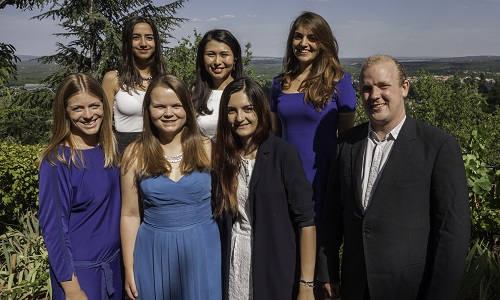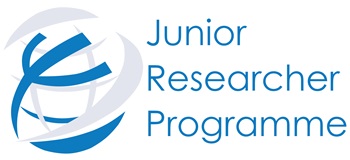 Last summer, Melis Cetincelik, Zarina Hogekamp, Asli Bursalioglu, Claudia Calin, Lauge Haastrup, Johanna Blomster, along with their supervisor Dr Yvonne van den Berg set out to explore the invisible hand of the teacher, that is, the impact that teachers have on their students’ social relations.
Last summer, Melis Cetincelik, Zarina Hogekamp, Asli Bursalioglu, Claudia Calin, Lauge Haastrup, Johanna Blomster, along with their supervisor Dr Yvonne van den Berg set out to explore the invisible hand of the teacher, that is, the impact that teachers have on their students’ social relations.
The team considered all factors present in the classroom’s social ecology while putting an emphasis on sociometric assessments that compare both teachers and students points of view. With such unexplored topic came incredible methodological demands. After extensively brainstorming their topic, the team contacted 4th grade classrooms in Turkey and Romania, collected data in both local languages before translating their findings back to English, and spent time grasping the perspectives of students and teachers alike.
If dealing with 10-year-olds was not challenging enough, Melis Cetincelik (Koç University, Turkey) conveys the team’s experience: “The biggest challenge we faced was the process of getting ethical approval, especially in Turkey because we wanted young participants in elementary schools. We knew that this would be a challenging process, but it took way more time and effort than we expected. In this regard, it was wise to start early with the ethical approval process.”
Getting ethical approval can be a challenge in any project. This is why one major initiative underway with the JRP is better guidance for ethical approaches and approval. This has been built from JRP research team insights over the years as well as from expert guidance. Dr Charles Jacob, following his lecture on the IRB approval process, launched the beginning of these efforts in earnest, after several years compiling info, led by none other than our own Frida Hylander!
